News
-
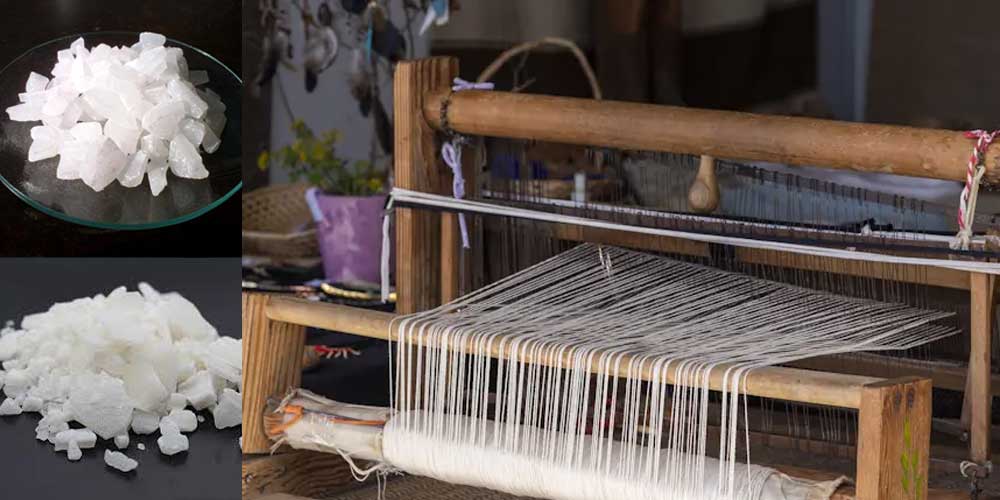
Application of Sluminum Sulfate in textile industry
Aluminum Sulfate, with the chemical formula Al2(SO4)3, also known as alum, is a water-soluble compound that plays a crucial role in textile manufacturing processes due to its unique properties and chemical composition. One of its primary applications is in the dyeing and printing of fabrics. Alum...Read more -
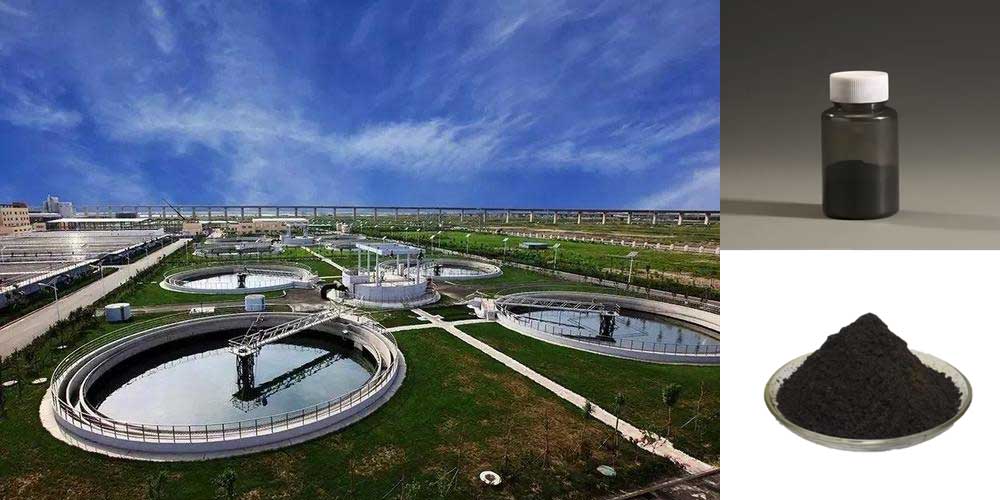
What is Ferric Chloride used for in water treatment?
Ferric Chloride is a chemical compound with the formula FeCl3. It is widely used in water treatment processes as a coagulant due to its effectiveness in removing impurities and contaminants from water and generally works better in cold water than alum. About 93% of ferric chloride is used in wate...Read more -

Are shock and chlorine the same?
Shock treatment is a useful treament for removing combined chlorine and organic contaminants in swimming pool water. Usually chlorine is used for shock treatment, therefore some users regard shock as the same thing as chlorine. However, non-chlorine shock is also available and has its unique adva...Read more -
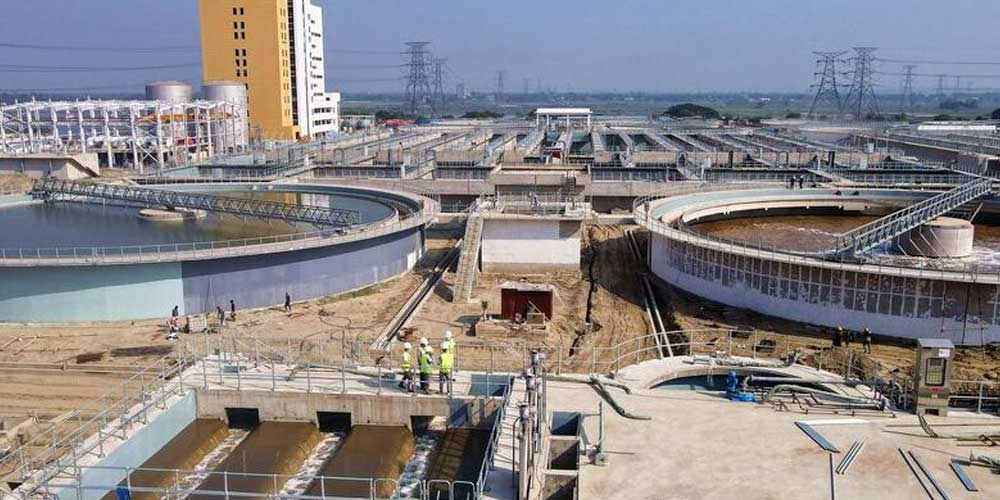
Why are flocculants and coagulants needed in sewage treatment?
Flocculants and coagulants play crucial roles in sewage treatment processes, contributing significantly to the removal of suspended solids, organic matter, and other contaminants from wastewater. Their importance lies in their ability to enhance the efficiency of various treatment methods, ultima...Read more -
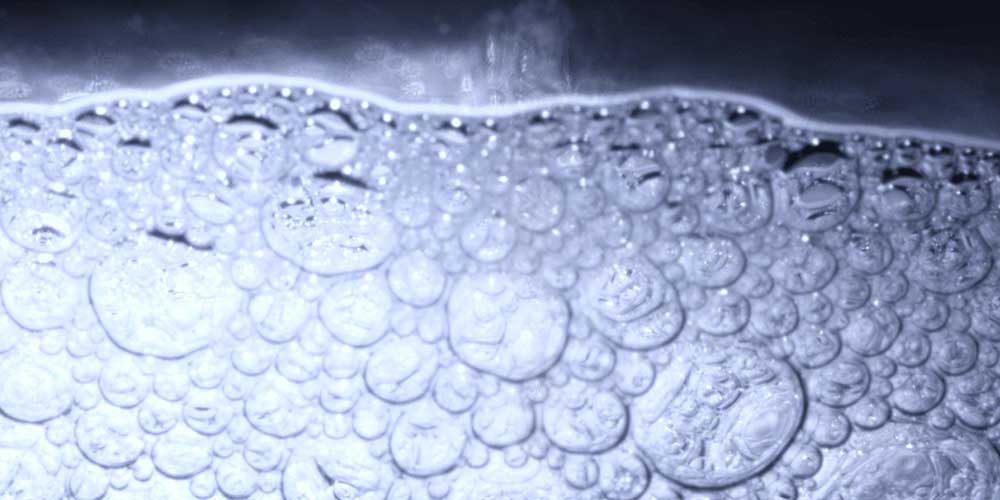
What are the applications of silicone defoamer?
Silicone Defoamers are derived from silicone polymers and work by destabilizing the foam structure and preventing its formation. Silicone antifoams are typically stabilized as water-based emulsions that are strong at low concentrations, chemically inert, and able to quickly diffuse into the foam ...Read more -
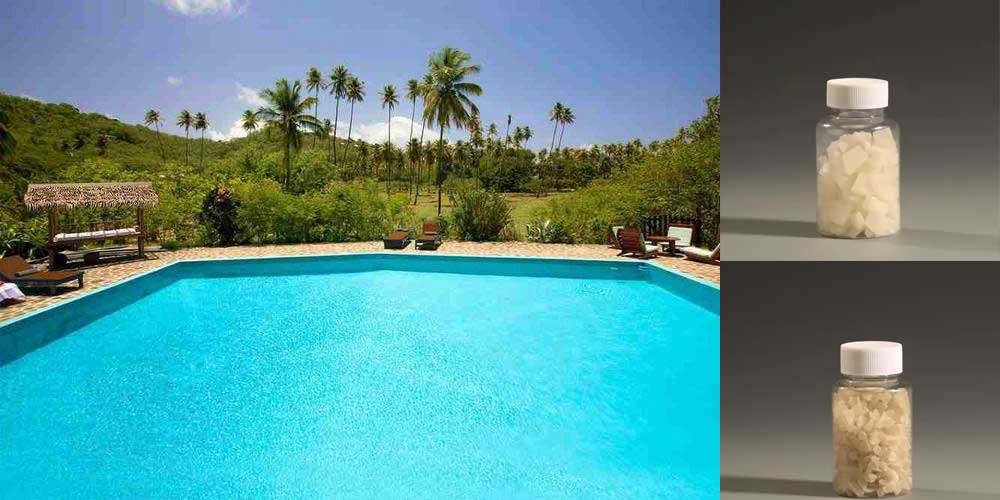
A Guide to Crystal Clear Pool Water: Flocculation Your Pool with Aluminium Sulphate
The cloudy pool water increase the risk of infectious diseases and decrease the effectiveness of disinfectants so the pool water should be treated with Flocculants in a timely manner. Aluminium Sulphate (also termed alum) is an excellent pool flocculant for creating clear and clean swimming pools...Read more -
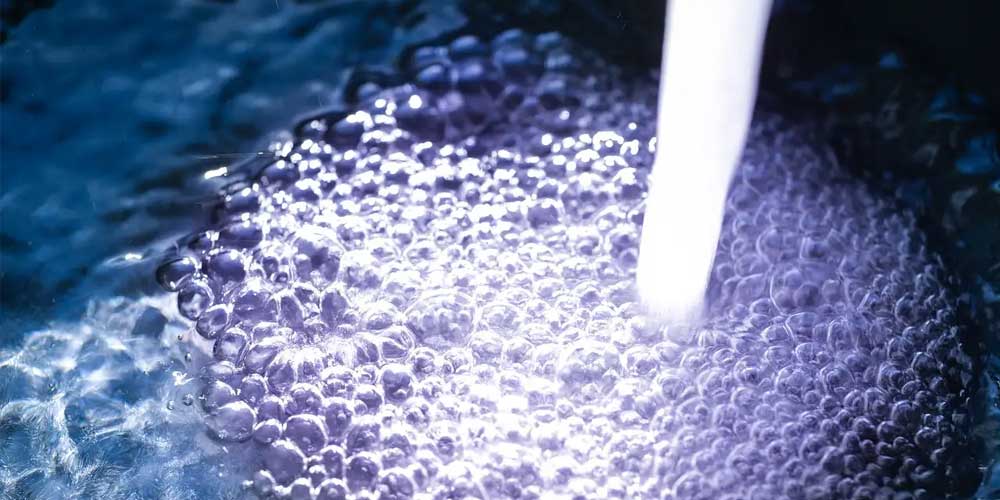
What is Silicone Antifoam
Silicone antifoams are normally composed of hydrophobized silica that is finely dispersed within a silicone fluid. The resulting compound is then stabilized into a water-based or oil-based emulsion. These antifoams are highly effective due to their general chemical inertness, potency even in low ...Read more -
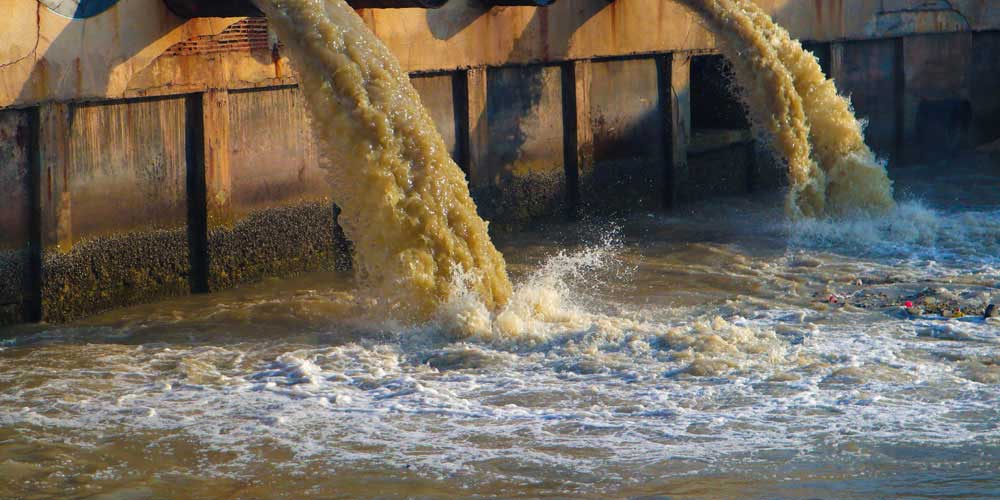
PolyDADMAC as organic coagulant and flocculant: a powerful tool for treating industrial wastewater
With the rapid development of industrialization, industrial wastewater discharge has increased year by year, posing a serious threat to the environment. In order to protect the ecological environment, we must take effective measures to treat this wastewater. As an organic coagulant, PolyDADMAC is...Read more -
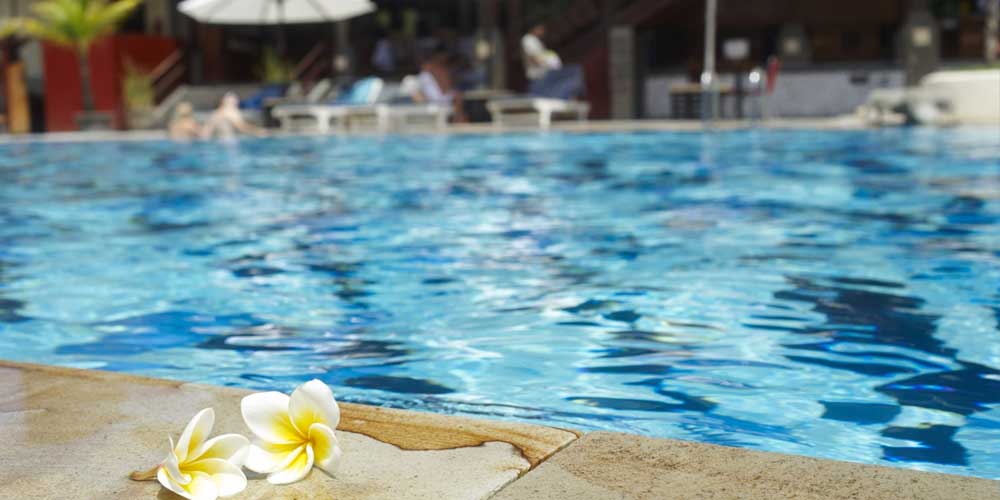
Is Trichloroisocyanuric acid safe?
Trichloroisocyanuric acid, also known as TCCA, is commonly used to disinfect swimming pools and spas. Disinfection of swimming pool water and spa water is related to human health, and safety is a key consideration when using chemical disinfectants. TCCA has been proven to be safe in many aspects ...Read more -
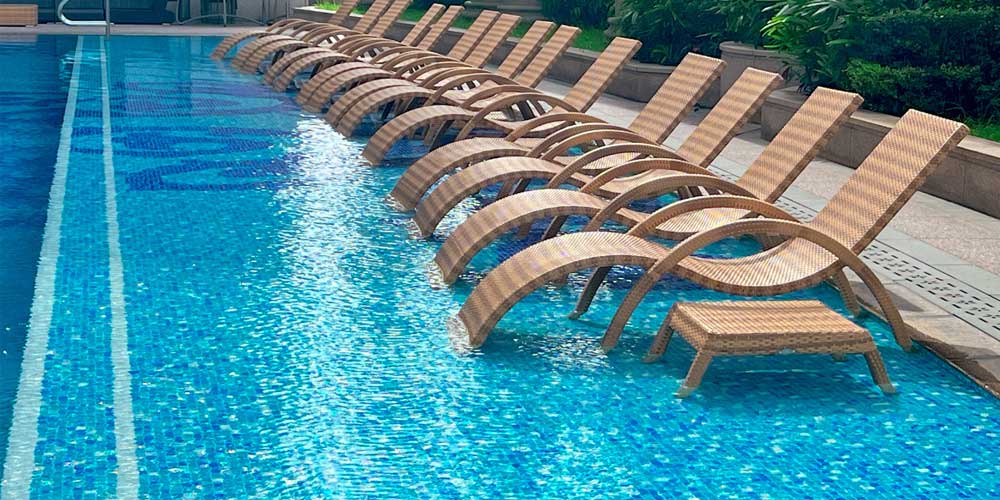
Keep your pool water clean and clear all winter!
Maintaining a private pool during the winter requires extra care to ensure it remains in good conditions. There are some tips to help you keep your pool well maintained during the winter: Clean swimming pool First, submit a water sample to the relevant agency to balance the pool water according t...Read more -
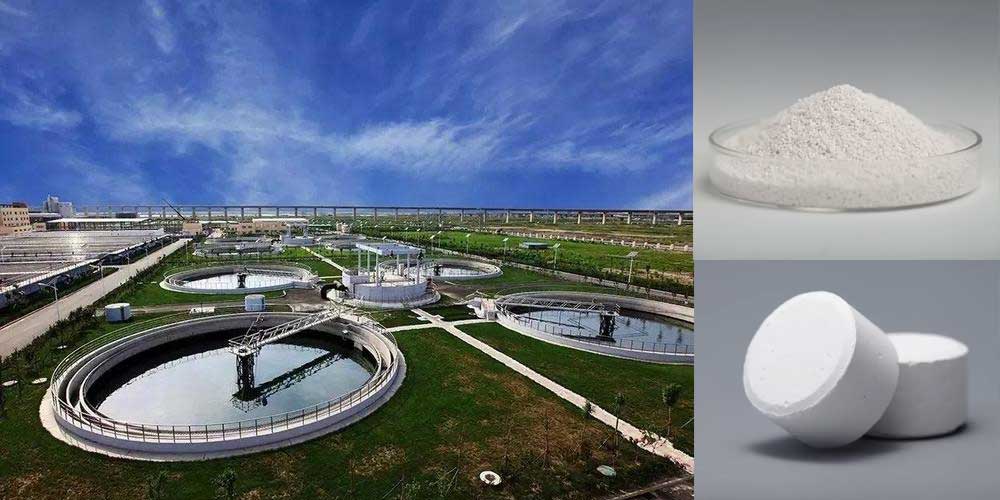
What is the application of sodium dichloroisocyanurate in wastewater?
Sodium dichloroisocyanurate (SDIC) stands out as a versatile and efficient solution. This compound, with its potent antimicrobial properties, plays a crucial role in ensuring the safety and cleanliness of water resources. Its effectiveness lies in its ability to act as a powerful disinfectant and...Read more -
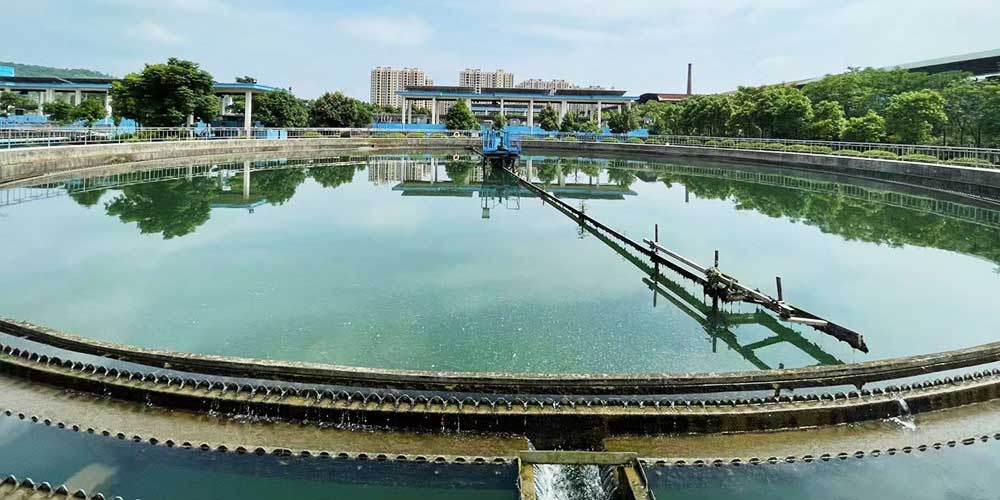
How can PAC flocculate sewage sludge?
Polyaluminum chloride (PAC) is a coagulant commonly used in wastewater treatment to flocculate suspended particles, including those found in sewage sludge. Flocculation is a process where small particles in the water aggregate together to form larger particles, which can then be more easily remov...Read more
